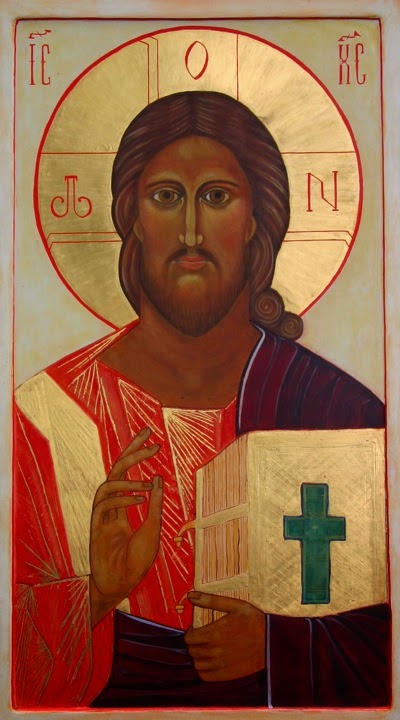 June Trinity
June TrinityJohn 7: 33-40
Jesus said, ‘Only a short time shall I still be with you; then I go to Him who sent me. You will seek and not find me. Where I am you cannot come.’And the Jews said to one another, ‘Where could he go that we would not be able to find him? Perhaps he intends to go to the Jews in the Greek lands and teach the Greeks himself. What does he mean by those words: You will seek and not find me: where I am you cannot come?’On the last, the great day of the festival, Jesus stood there and called out loudly: ‘Whoever thirsts, let him come to me and drink! Whoever fills himself with my power through faith, from his body shall flow streams of life-bearing water, as scripture says.’He said this to indicate the spirit which those were to receive who unite with him in faith. But this Spirit was not yet working, for Jesus had not yet revealed his spirit-form.
2nd June Trinity
John 7: 33-40
Human culture has created many
ways to send water to where it is needed. Essentially they all involve some
form of capture, in a vessel or a pipe or canal. And somewhere at the other end
there is a place of release for the water to flow out. For the whole point of
capturing water is to let it go again, so that it can support life.
Christ likens Himself in this
reading to a giver of water. He gathers the Father’s life-giving spirit waters.
He makes Himself the conduit for these waters of the spirit. At the end, he
will pour out the water of life. He pours His Life first into wine and bread at
the Last Supper. In so doing he creates another extension of the channel, a conduit
that reaches through time into the present day. Then he pours His blood and
water from the cross, re-enlivening the dying earth. And finally He ascends to
the clouds, to inhabit the life sphere of the whole earth, to pour the waters
of life, both spiritual and physical, onto the earth. This is what He means when
He says: “Then I go to Him who sent me. You will look for me and not find me.
Where I am going you cannot follow.” John 7:34 We cannot yet follow Him in all His ways, into
the biosphere, for we have not yet ascended. So He pours out his life as He
rains down on us from the clouds.
Yet this process involves not
only Him; we are also included, for He says: “Whoever fills himself with my
power through faith, from his body shall flow streams of life-bearing water.” John 7: 38 For Christ’s life-giving
spiritual-physical power flows not only in rain, in the wine, in His blood; His
waters of life flow now through the blood that flows through every human heart.
The poet says:
There are
different wells within your heart
Some fill with
each good rain.
Others are too
deep for that.
In one well
You have just a
few precious cups of water.
That “love” is
literally something of yourself.[1]
Christ’s waters of life now flow
through the blood that flows through the heart of everyone who drinks from the
well of His being. We become the
conduits of His streaming life. From human hearts can flow the streams of His
life-bearing waters. We receive His waters of life in order to let them go
again, to pour out the water of life, of love, wherever it is needed.
www.thechristiancommunity.org
[1]
Hafiz, “Some Fill with Each Good Rain”, in The
Gift, by Daniel Ladinsky, p. 76.


















